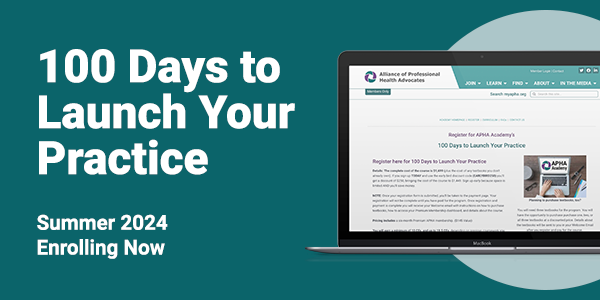This post was published at, and has been shared by the APHA Blog.
It is provided so you can find it in a search here at myAPHA.org, but you’ll need to link to the original post to read it in its entirety.
Find the link to the entire post at the end of this excerpt.
Do I Have to Be a Nurse to Be a Patient Advocate?

The answer is simple. No. So why do I ask this question? Earlier this month, while attending the NAHAC Conference, the question was asked by a number of people. As if the qualification to be an effective patient advocate relied on a nursing education. Now please don’t get me wrong. I am a huge supporter of nurses and nursing, in its many important forms. I’ve written many times at About.com about nurses, nurse practitioners, and why I believe training as a nurse is far more patient-centered than other forms of medical training. Most of my commentary comes from my appreciation for the “whole patient” approach most nurses provide. I’m a fan – a BIG fan – of nurses and the nursing model for patient care. Here are five reasons why a patient advocate does not need to come from a nursing background: 1. Patient advocates actually perform a number of services, many of which have nothing to do with nursing. Some are medical bill reviewers, some do research and writing about medical problems…. Nursing isn’t the right background or training for these kinds of services. 2. Patient advocates are facilitators, but they are not decision-makers. Patient advocates do not perform medical functions. They provide options and background information to their patients, but never make decisions on their patients’ behalf. Since they aren’t making medical decisions, they don’t even need a medical background. (Not to say a medical background wouldn’t be helpful. It might be. It just isn’t necessary.) 3. No matter what the background of the patient advocate, he or she knows when it is time to find helpful resources to help his or her client. If the advocate is a nurse, then she knows when to call in a doctor or an insurance expert. If the advocate is not a nurse, then she knows when to call in a nurse if one is needed. That means a patient advocate can have almost any type of background and experience…. He will simply set up his system of resource people accordingly. 4. Patients who need an advocate’s help are all over…

